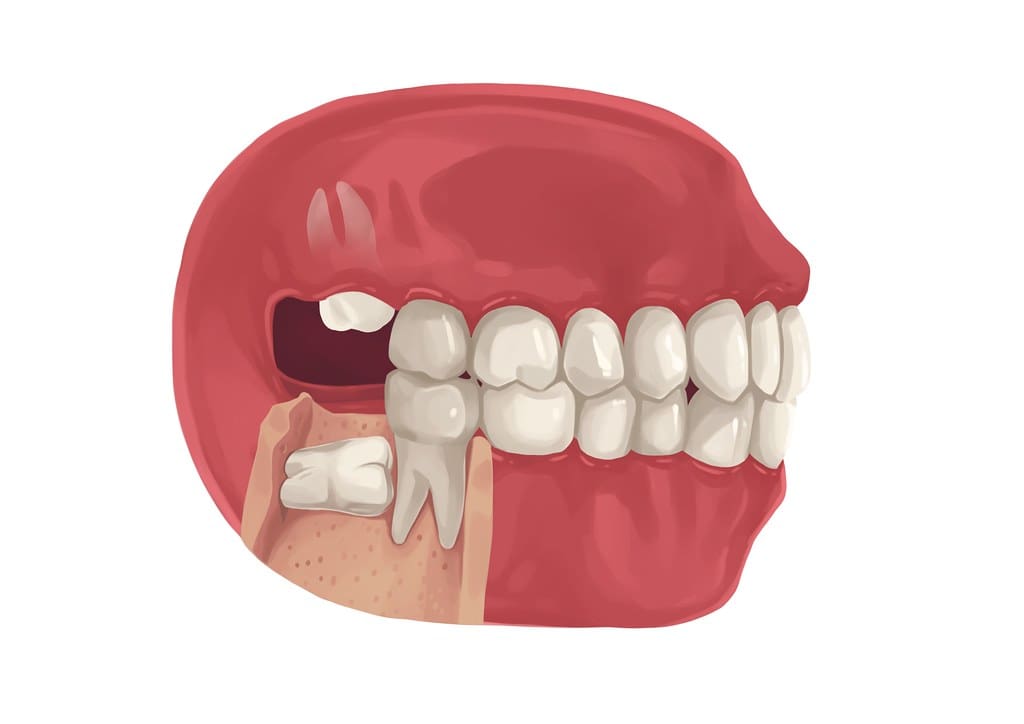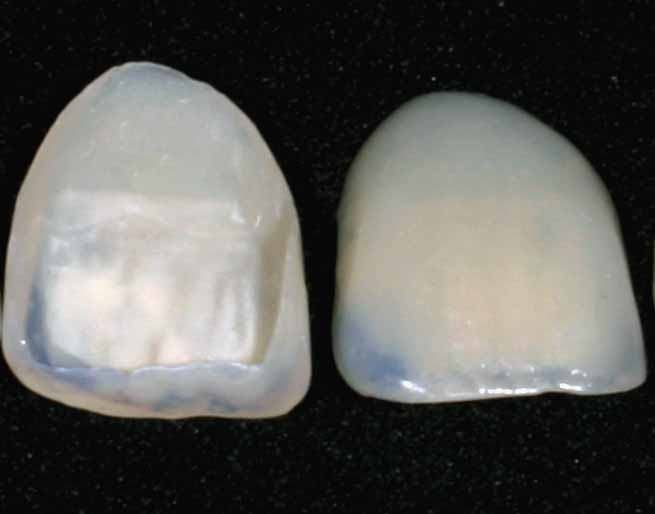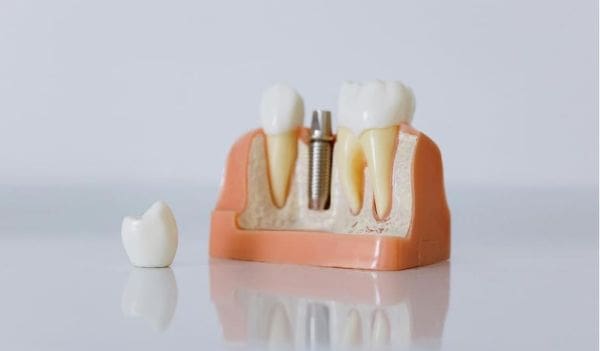I would like help with...
About This Condition:
Gums are often the unsung heroes of our oral health, providing a protective barrier around our teeth. However, when our gums start to bleed, it can be a red flag indicating an underlying issue and can contribute to bad breath (Halitosis). We explore the common causes of bleeding gums, potential consequences, and actionable steps to restore gum health.
Bleeding gums should never be ignored; they are a clear indication that your gums need attention and care. By understanding the causes, potential consequences, and taking proactive steps to improve oral hygiene, you can safeguard not only your gum health but also your overall well-being. Remember, a healthy smile starts with healthy gums.
Common Causes of Bleeding Gums:
1. Gingivitis:
Gingivitis is the earliest stage of gum disease and is characterized by inflammation of the gums. Poor oral hygiene, leading to the buildup of plaque and bacteria along the gumline, is a primary cause of gingivitis. Bleeding gums are often an early warning sign of this condition.
2. Poor Oral Hygiene:
Inadequate brushing and flossing can allow plaque to accumulate, leading to gum inflammation and bleeding. Maintaining a consistent oral hygiene routine is crucial for preventing and reversing bleeding gums.
3. Hormonal Changes:
Hormonal fluctuations, such as those during pregnancy, menstruation, or menopause, can contribute to increased sensitivity in the gums. This heightened sensitivity may result in bleeding, especially in individuals with pre-existing gum conditions.
Potential Consequences of Ignoring Bleeding Gums:
1. Progression to Periodontal Disease:
Gingivitis, if left untreated, can progress to periodontitis, a more severe form of gum disease. This stage involves the loss of bone and tissues supporting the teeth, leading to potential tooth loss.
2. Systemic Health Impact:
Emerging research suggests a link between gum health and systemic conditions like heart disease, diabetes, and respiratory issues. Ignoring bleeding gums may contribute to an increased risk of these health issues.
3. Chronic Inflammation:
Persistent gum inflammation not only affects oral health but can also contribute to chronic inflammation throughout the body. This may exacerbate existing health conditions and impact overall well-being.
Solutions to Address Bleeding Gums:
1. Improve Oral Hygiene:
Enhance your oral hygiene routine by brushing at least twice a day with fluoride toothpaste and flossing daily. Consider using an antiseptic mouthwash to help reduce bacteria in the mouth.
2. Regular Dental Check-ups:
Schedule regular dental check-ups to detect and address gum issues in their early stages. Professional cleanings can remove stubborn plaque and tartar, preventing the progression of gum disease.
3. Healthy Lifestyle Choices:
Adopting a healthy lifestyle can positively impact gum health. This includes maintaining a balanced diet, staying hydrated, and avoiding tobacco products.
4. Professional Treatment:
If gingivitis or more advanced gum disease is detected, book a consultation with our dentists who will formulate a unique programme to help you take control of your oral health and with a team effort help eliminate bleeding gums.
WE CAN HELP WITH ANY ISSUES YOU MAY BE HAVING AND ALWAYS OFFER ADVICE AND OPTIONS TO SUIT ALL INDIVIDUAL NEEDS.


